(NLDO) - Astronomers have found clues about what produced the mysterious energy source that has driven the universe to continuously expand over the past 13.8 billion years.
According to Live Science , dark energy makes up about 70% of our universe and is thought to have emerged after the Big Bang event - 13.8 billion years ago - to fuel the evolution of the universe.
But it is still unclear where this mysterious energy source comes from.
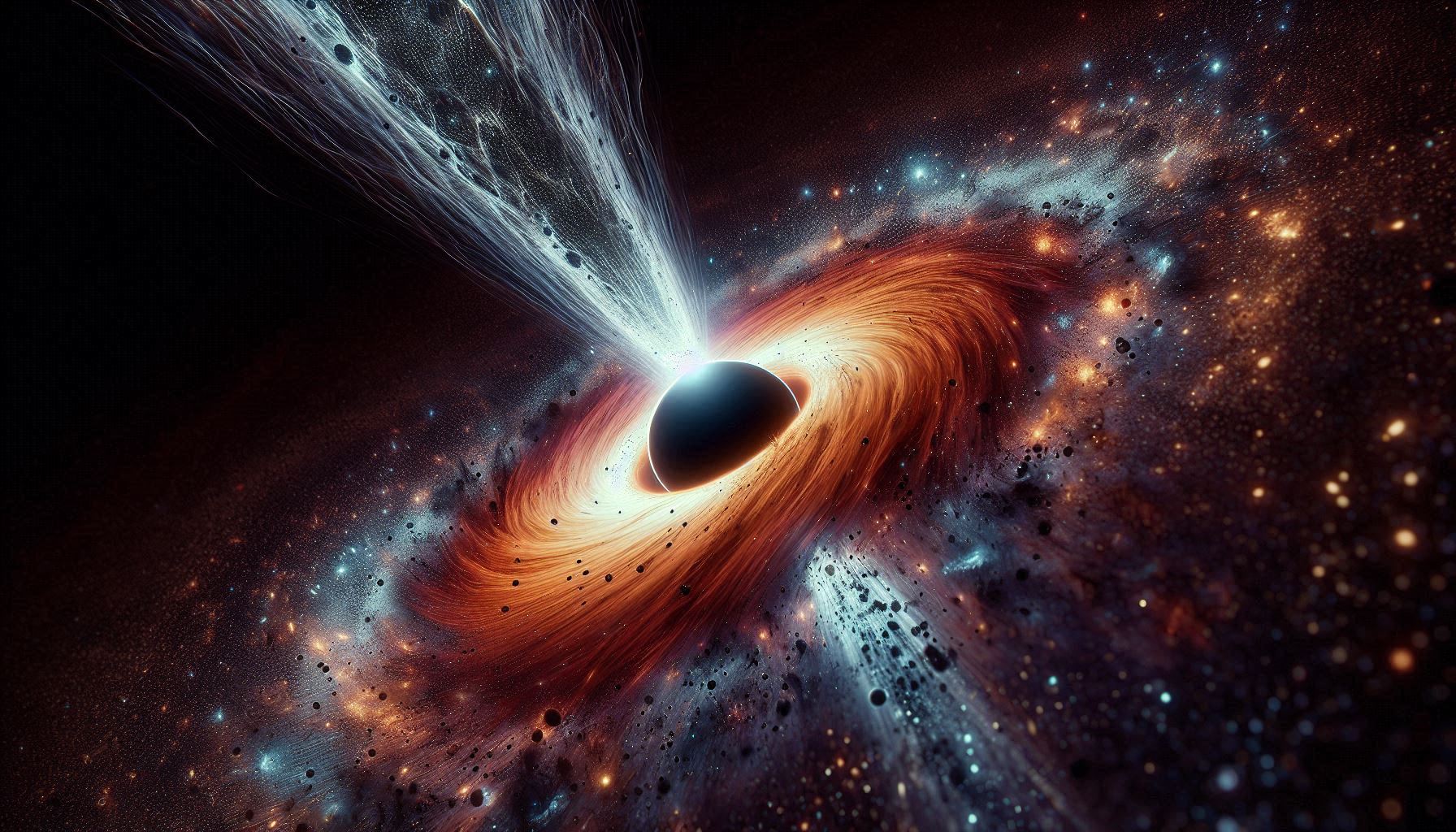
Black holes may be what provides the dark energy that causes the universe to expand - Illustration AI: ANH THU
In recent years, some astronomers have proposed a radical theory that, rather than permeating space, dark energy might emerge from the centers of black holes.
Many people think it's a strange hypothesis. But now, a study just published in the Journal of Cosmology and Astroparticle Physics has provided a clue.
The authors say they have identified a link between two seemingly unrelated phenomena.
It is a coincidence that the density of dark energy is increasing in the universe and the increasing mass of black holes as the universe ages.
Professor Gregory Tarlé, a physicist from the University of Michigan (USA), the lead author of the study, said there is a possibility of "miniature Big Bangs" in the opposite direction.
In it, massive stars become dark energy in the process of gravitational collapse into black holes.
To search for clues, they used the Dark Energy Spectroscopic Instrument (DESI) mounted on the 4-meter Nicholas U. Mayall Telescope in Arizona, US, to locate millions of galaxies every month to study how the universe expanded to the present day.
This allows the dark energy density over the lifetime of the universe to be inferred from the rate at which the universe expanded outward.
By comparing this data and the growth of black holes at different stages in the life of the universe, the researchers found something interesting.
"These two phenomena are consistent. As new black holes are created in the deaths of massive stars, the amount of dark energy in the universe increases in the same direction," said co-author Associate Professor Duncan Farrah from the University of Hawaii.
If this hypothesis is proven, it could help solve a growing puzzle in cosmology.
Over the years, astronomers have discovered that the universe appears to be expanding at different rates depending on where they look.
It may well depend on the existence of something they can't see anywhere: Black holes.
Source: https://nld.com.vn/xac-dinh-thu-khung-khiep-khien-vu-tru-ngay-cang-no-ra-196241102063916634.htm



![[Photo] Closing of the 11th Conference of the 13th Central Committee of the Communist Party of Vietnam](https://vstatic.vietnam.vn/vietnam/resource/IMAGE/2025/4/12/114b57fe6e9b4814a5ddfacf6dfe5b7f)

![[Photo] Overcoming all difficulties, speeding up construction progress of Hoa Binh Hydropower Plant Expansion Project](https://vstatic.vietnam.vn/vietnam/resource/IMAGE/2025/4/12/bff04b551e98484c84d74c8faa3526e0)


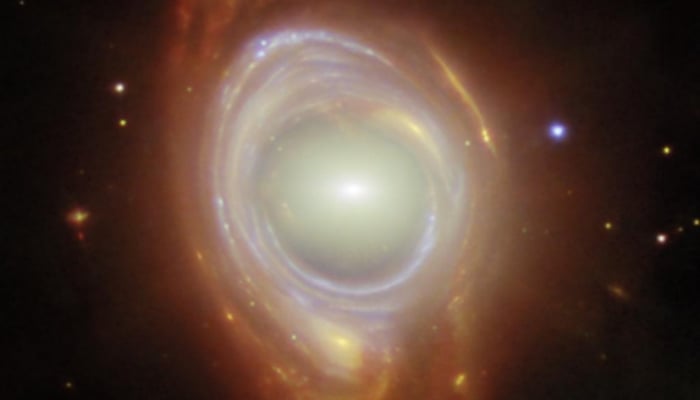

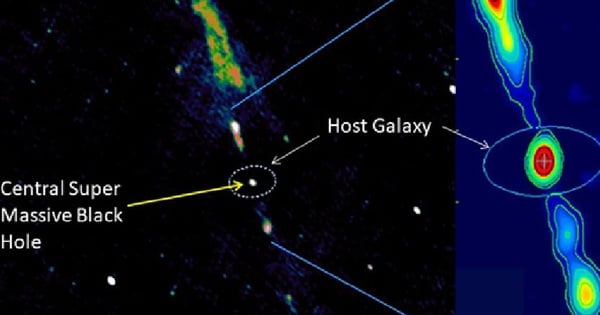
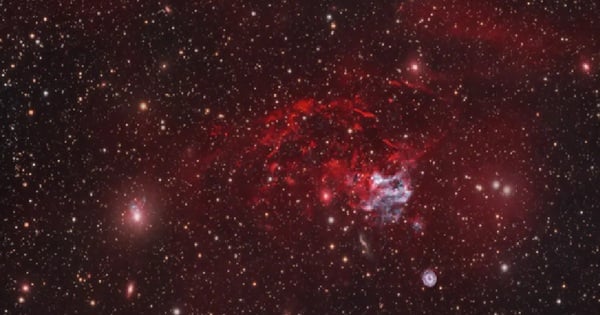
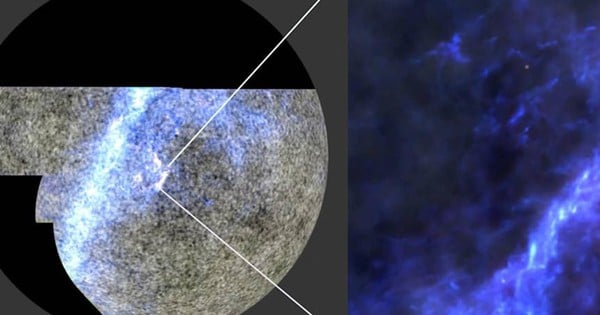


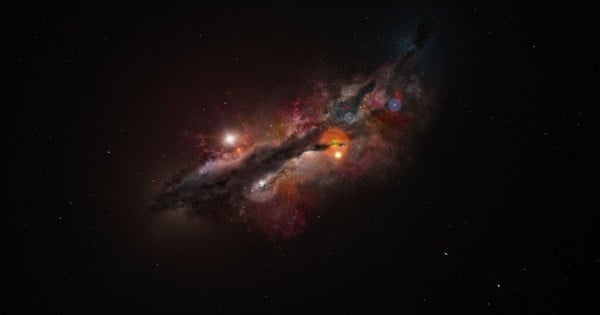
















































































Comment (0)